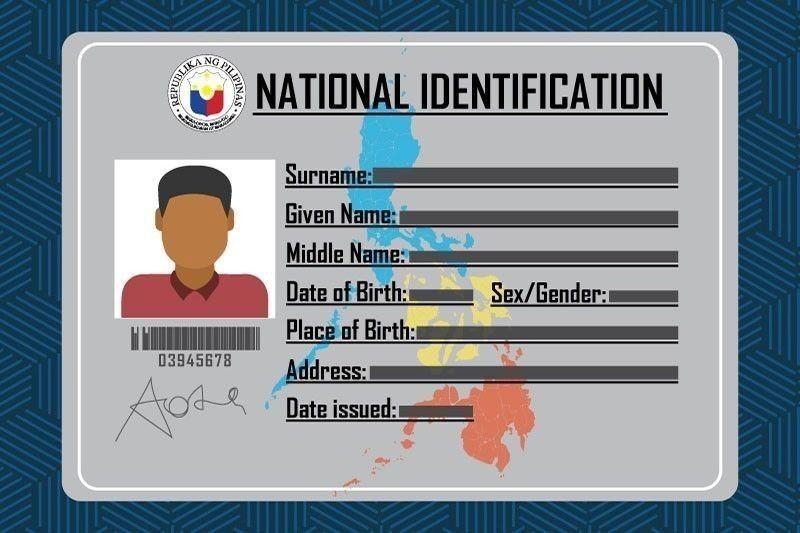Registration for national ID system begins today

CEBU, Philippines — The registration for the national ID system will begin today, October 12, the Philippine Statistics Authority (PSA) said.
PSA has chosen 32 priority provinces, including Cebu, for the Philippine Identification System (PhilSys).
PSA registration officers and enumerators are set to capture the 10 demographic information of the registrants. Demographic data include name, permanent address, date and place of birth, and blood type.
This is the step 1 of the registration process, PSA said.
PSA enumerators will go house-to-house and record these data through digital tablets and will be sent directly to a secured PhilSys database.
Health protocols will be strictly enforced throughout the registration process to mitigate risks.
Registrants will then be issued an appointment slip that they will need to proceed with step 2 of the registration on a given date and location. Appointment dates for step 2 have been added to ensure the safety of registrants and registration staff due to COVID-19 pandemic.
Step 2 will capture the biometric information such as iris scan, fingerprints, and photograph. It is set to start on November 25 at the PhilSys registration centers.
Step 3 will be the issuance of PhilSys Numbers (PSNs) and physical IDs to the registrants.
Aside from Cebu province, the other provinces under Central Visayas that are among the pilot areas are Bohol and Negros Oriental.
The rest of the provinces are Ilocos Sur, La Union, Pangasinan, Cagayan, Isabela, Bataan, Bulacan, Nueva Ecija, Pampanga, Tarlac, Zambales, Batangas, Cavite, Laguna, Quezon, Rizal, Albay, Camarines Sur, Masbate, Antique, Capiz, Iloilo, Negros Occidental, Davao De Oro, Davao del Norte, Davao del Sur, Davao Occidental, Leyte, and Tawi-Tawi.
The first priority will be the low-income household heads from the 32 priority provinces this year.
By providing formal identification, PhilSys will help low-income families access basic banking services and allow faster distribution of future government subsidies.
Everyone will eventually be registered under PhilSys. However, we aim to register low-income households first, to improve the targeting and distribution of government aid. We will start in provinces which more or less belong to the bottom 40 percent of the population in terms of income,” PSA Undersecretary Dennis Mapa said in a press release.
PhilSys is a project led by PSA which has the potential to transform the access and delivery of services in the public and private sectors and accelerate growth and dynamism of the digital economy.
The PSA aims to register at least five million family heads by the end of 2020.
The Philippine Identification System Act(Republic Act No. 11055) which was signed into law by President Rodrigo Roa Duterte in August 2018 aims to establish a single national identification system for all citizens and resident aliens of the Republic of the Philippines. — KQD (FREEMAN)
- Latest






















